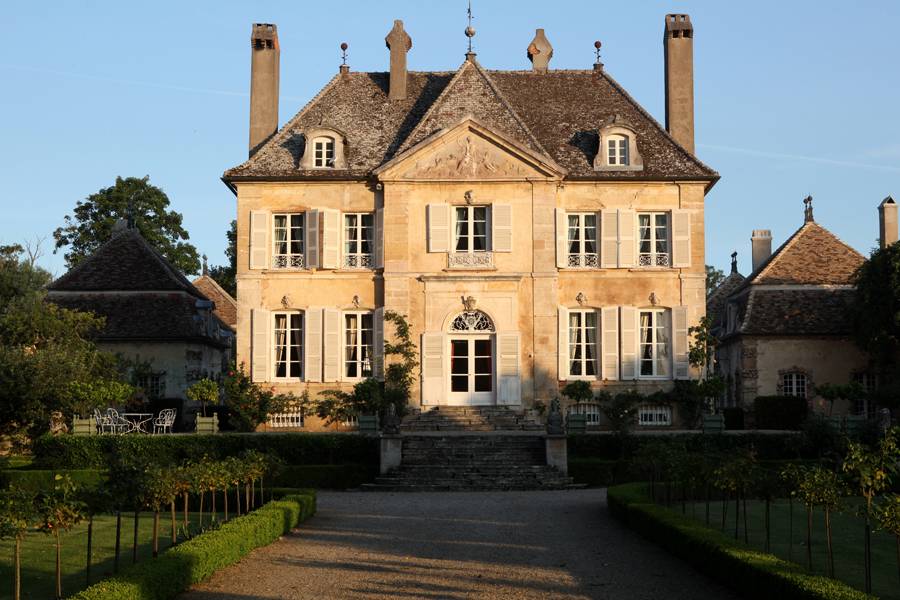Producer
Domaine Chandon de Briailles
The sibling team at this stunning domaine (Francois and Claude de Nicolay) is most definitely a winning one. Their biggest influence has been to convert the estate firstly to organic and now to biodynamic methods of viticulture and vinification. The wines focus on sensual flavours and refinement, these are not powerful, but the aged vines allow for wines of extraordinary texture and complexity.



